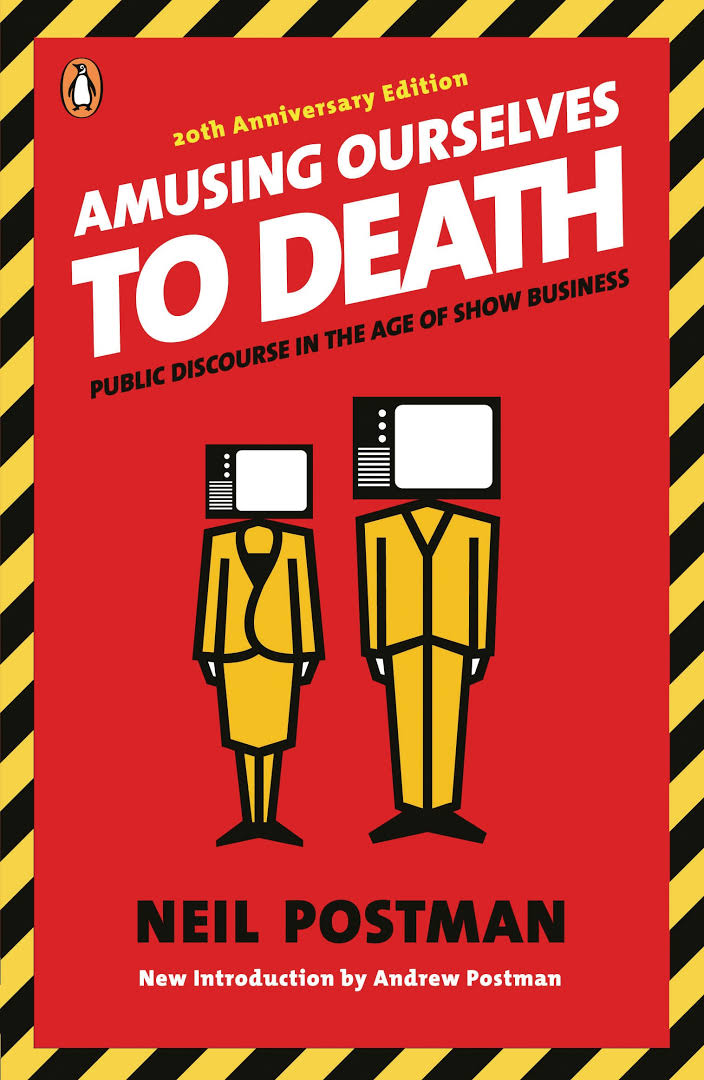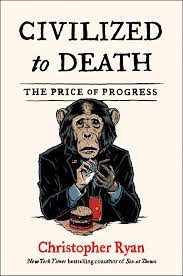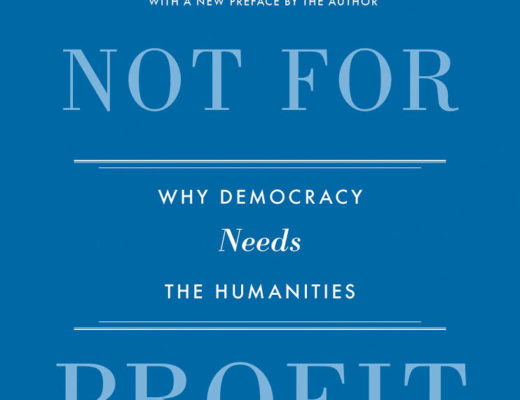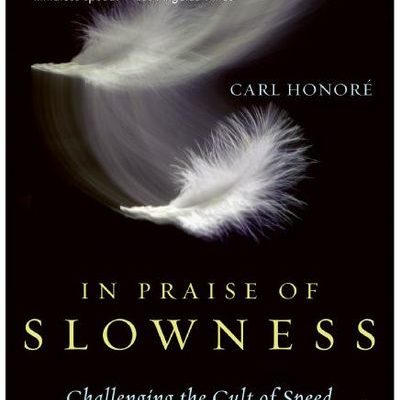There are certain books which overwhelm us with their prophetic vision. We are really astonished when we find such books becoming hugely relevant after decades of its publication. This discussion is about one such book. A book came out in America in 1985 titled” Amusing ourselves to death, public discourse in the age of show business.” The book was written by Neil Postman who published many other books in the same area. The book was a landmark event and its impact was huge. Andrew Postman, son of Neil Postman published 20th-anniversary edition of the book in 2005. I don’t know about any other book which interrogated the corrosive effect of electronic media, yes television at that time, on society like this one. As we moved more and more towards nonstop entertainment dished out by TV, the relevance of this book has only increased. Today with the Internet having its total presence everywhere, the domination of media has come the full circle. This book remains as timely as ever. The book helps us understand the strange relationship between power and the media as well as the significant role of media in shaping public opinion.
The first part of the book is an in-depth analysis of the changes happen when we move to a visual media from the print. Here we encounter a new medium. As Postman says,
our media are our metaphors. Our metaphors create the content of our culture.
As we all know, written word endures, the spoken word disappears. Accordingly, writing is closer to the truth than speaking. This was perhaps the first difference we encountered when TV entered. Postman attempt a detailed analysis of how we manage knowledge and thereby public discourse in a culture of the written word as compared to a culture dominated by visual images. According to him in a culture dominated by print, public discourse tends to be characterized by a coherent, orderly arrangement of facts and ideas. To engage with written word means to follow a line of thought which requires powers of classifying, inference making and reasoning. It means to uncover lies, confusions, to detect abuses of logic and common sense. …….Perhaps none is required when we watch TV.
Postman presents us the curious case of how the public perceives their leaders in the past and present. In a world dominated by images, when we think of a public figure what comes to our mind is their looks or oratory than what they had written or argued. Television is all entertainment and nothing is an exception. Whether tragedy or comedy, election or murder, all matter is presented as entertainment and this is precisely the issue now. He quotes a psychiatrist who put it,
we all build castles in the air. The problem comes when we try to live there.
Entertainment becomes the natural format of representation.
In the second part, Postman goes in depth about the age of show business created by television. Postman tells “Americans no longer talk to each other, they entertain each other. They do not exchange ideas, they exchange images.”. Postman discusses in detail the newness of news in a 24 X 7 television culture. What happens is that the new replace the old so fast that ultimately no story gets followed up. People get a constant stimulation and they need not stay on any particular news item. We are too familiar with the breaking news atmosphere. The link between attention and current news is particularly relevant in social media. What usually happens is whatever is the importance of a particular news item it gets drowned by what comes after that. Postman quotes Nobel winner Milosz who said is his acceptance speech that our age is characterized by a “ refusal to remember “. History do not bother us much. A culture when we know everything about last 24 hours but very little of even last few decades. Here the argument is perhaps not for the elimination of television as done by Jerry Mander in his work “ Four arguments for the elimination of television”. But to understand the medium in all its reality and not to delude us. For as Postman says, no medium is excessively dangerous if its users understand what its dangers are.
It will be perfect to end this discussion on this book by invoking the forward by Postman where he contrasts the vision of two authors. George Orwell and Aldous Huxley. Perhaps this comparison sums up the age we live and give us a compelling reason to read this work. Orwell feared those who would deprive us of information. But Huxley feared those who would give us so much that we would be reduced to passivity and egoism. Orwell feared that truth would be concealed from us. Huxley feared the truth would be drowned in a sea of irrelevance. Orwell feared that what we hate will ruin us. Huxley feared that what we love will ruin us. This book tells us why Huxley was right.






No Comments